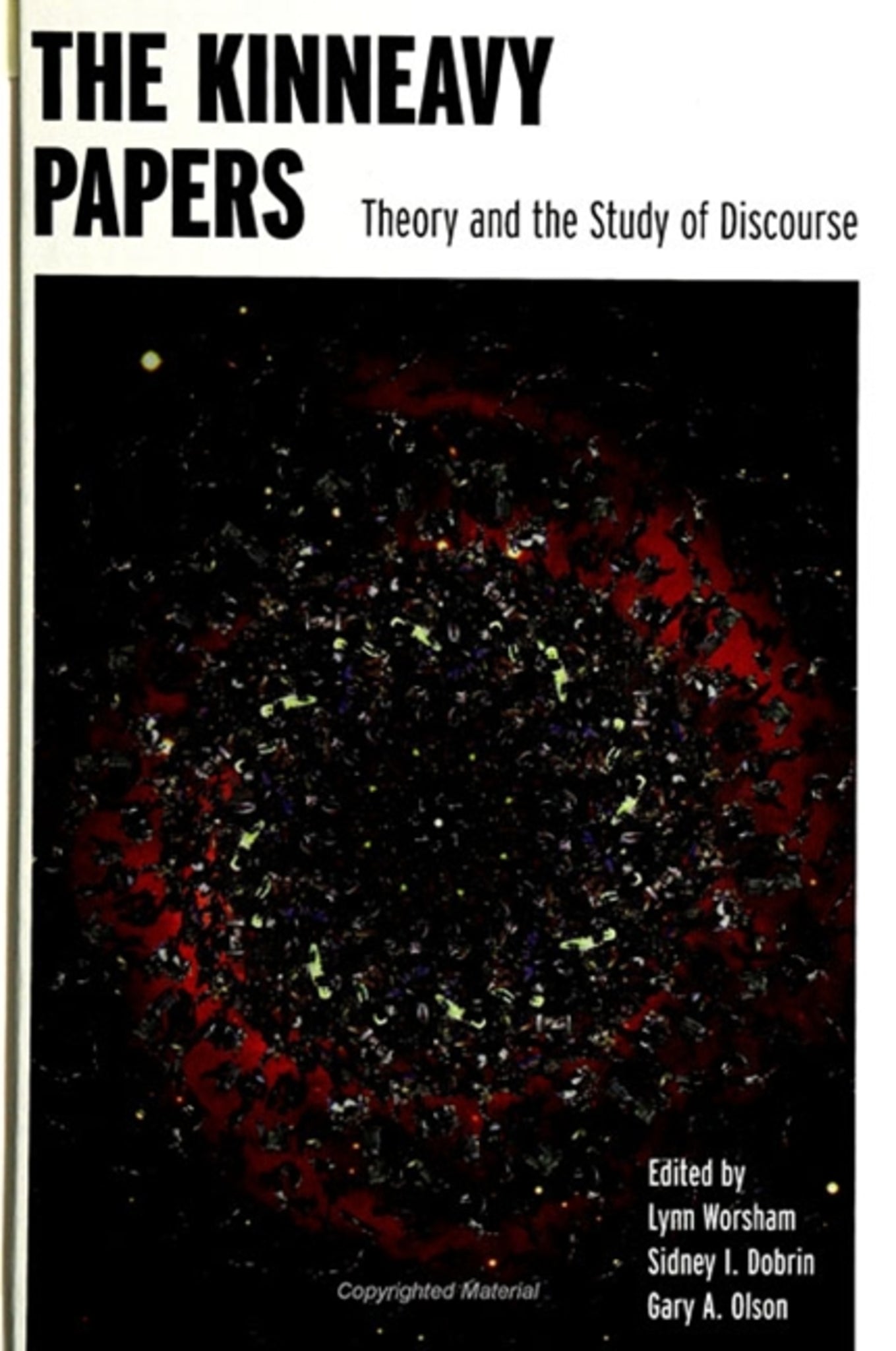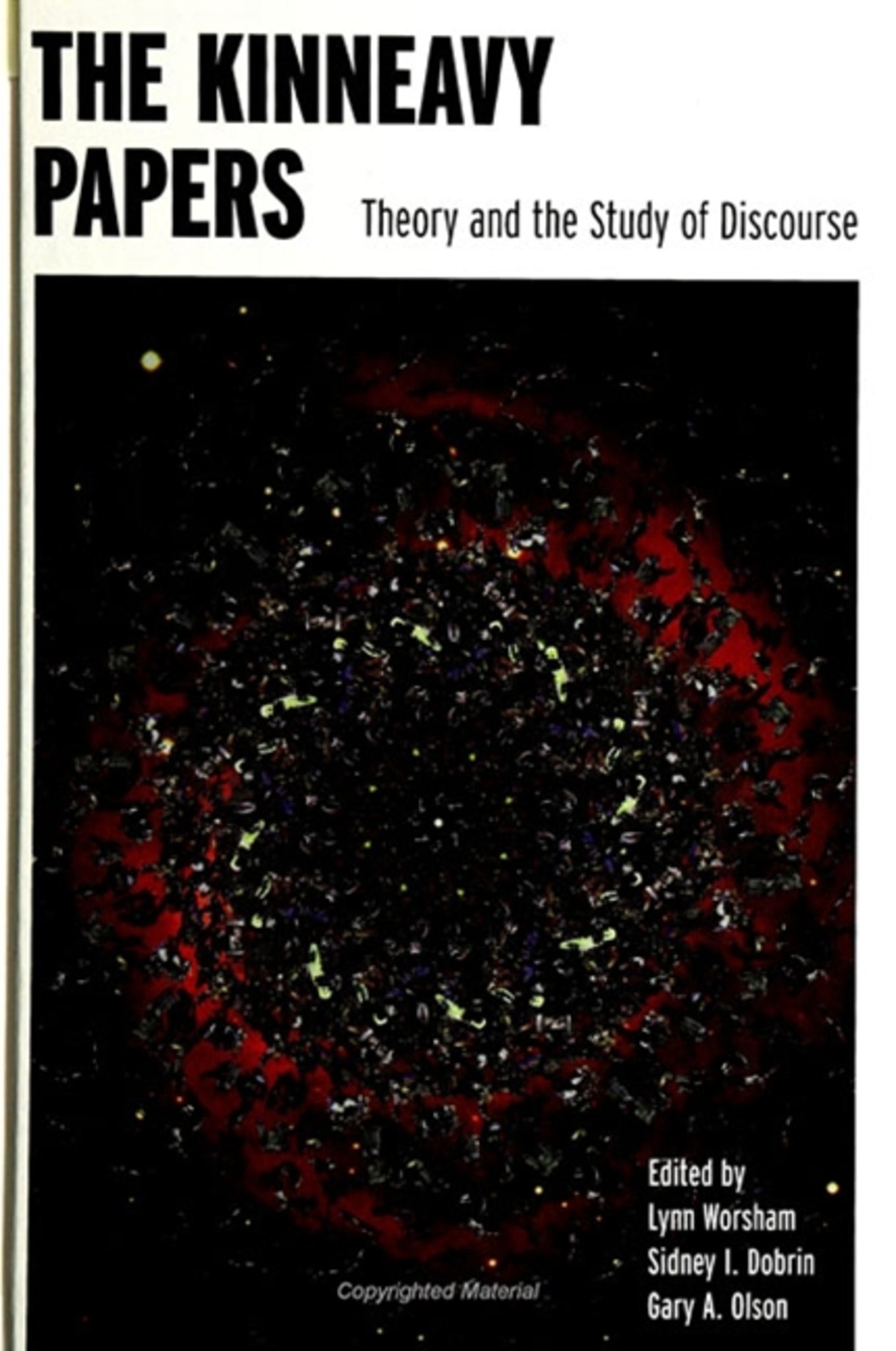We're sorry. An error has occurred
Please cancel or retry.
The Kinneavy Papers

Some error occured while loading the Quick View. Please close the Quick View and try reloading the page.
Couldn't load pickup availability
- Format:
-
20 April 2000

Award-winning essays in the field of rhetoric and composition.
Documenting an era of dramatic change and growth in the sophistication of scholarship in rhetoric and composition studies, this book includes essays which find in contemporary theory the language to ask new questions, to reframe existing problems, and to move beyond current impasses in thought and action. The different perspectives offer a stand against current backlash theory, as seen in the reassertion of expressivism and creative writing as the antidote to the difficulties wrought by too much theorizing. All the essays included are winners of the James L. Kinneavy Award and celebrate the award's tenth anniversary as well as its founder, one of the discipline's most learned and beloved scholars.
Contributors include David Bleich, Richard M. Coe, William A. Covino, Reed Way Dasenbrock, Sidney I. Dobrin, Lester Faigley, Pamela K. Gilbert, Susan C. Jarratt, Bruce McComiskey, Michael Murphy, Richard E. Miller, Jasper Neel, Gary A. Olson, Joseph Petraglia, George L. Pullman, Joy S. Ritchie, Phillip Sipiora, David W. Smit, Patricia A. Sullivan, John Trimbur, Nancy Welch, and Lynn Worsham.


"Theory in rhetoric and composition has flourished over the past thirty years and especially in the past decade, as evidenced by the richness of the chapters in this book, aptly titled The Kinneavy Papers. Kinneavy's intellectual energy and commitment to the civic and ethical concerns of rhetoric remain a guiding beacon to the field. The essays in this book are a testament to his legacy." — from the Foreword by Lester Faigley
"The essays in The Kinneavy Papers represent the kind of vigorous, seminal thinking and writing that so characterized James Kinneavy's life. The heart and soul of Kinneavy's professional life was the active promotion of theoretical and applied scholarship. The legacy of James L. Kinneavy will live on in the essays of this book." — from the Afterword by Phillip Sipiora
Acknowledgments
Foreword
Lester Faigley
Introduction
Lynn Worsham, Sidney I. Dobrin, and Gary A. Olson
Part 1: Pedagogical Theory
What Does It Mean to Learn?: William Bennett, the Educational Testing Service, and a Praxis of the Sublime
Richard E. Miller
Dichotomy, Consubstantiality, Technical Writing, Literary Theory: The Double Orthodox Curse
Jasper Neel
Writing in the Graduate Curriculum: Literary Criticism As Composition
Patricia A. Sullivan
Worlds in the Making: The Literacy Project As Potential Space
Nancy Welch
Part 2: Philosophical Issues
Interrupting the Conversation: The Constructionist Dialogue in Composition
Joseph Petraglia
Becoming Aware of the Myth of Presence
Reed Way Dasenbrock
Hall of Mirrors: Anti-Foundationalist Theory and the Teaching of Writing
David W. Smit
Rhetoric and Hermeneutics: Composition, Invention, and Literature
George L. Pullman
Part 3: Cultural Studies and Composition
After Progressivism: Modern Composition, Institutional Service, and Cultural Studies
Michael Murphy
Social-Process Rhetorical Inquiry: Cultural Studies Methodologies for Critical Writing about Advertisements
Bruce McComiskey
Articulation Theory and the Problem of Determination: A Reading of Lives On the Boundary
John Trimbur
Meditations Upon Hypertext: A Rhetorethics for Cyborgs
Pamela K. Gilbert
Part 4: Special Issues in Composition
Confronting the "Essential" Problem: Reconnecting Feminist Theory and Pedagogy
Joy S. Ritchie
Genders of Writing
David Bleich
Beside Ourselves: Rhetoric and Representation in Postcolonial Feminist Writing
Susan C. Jarratt
Defining Rhetoric—and Us: A Meditation On Burke's Definitions
Richard M. Coe
Defining Advanced Composition: Contributions from the History of Rhetoric
William A. Covino
Afterword: The Legacy of James L. Kinneavy
Phillip Sipiora
Index



